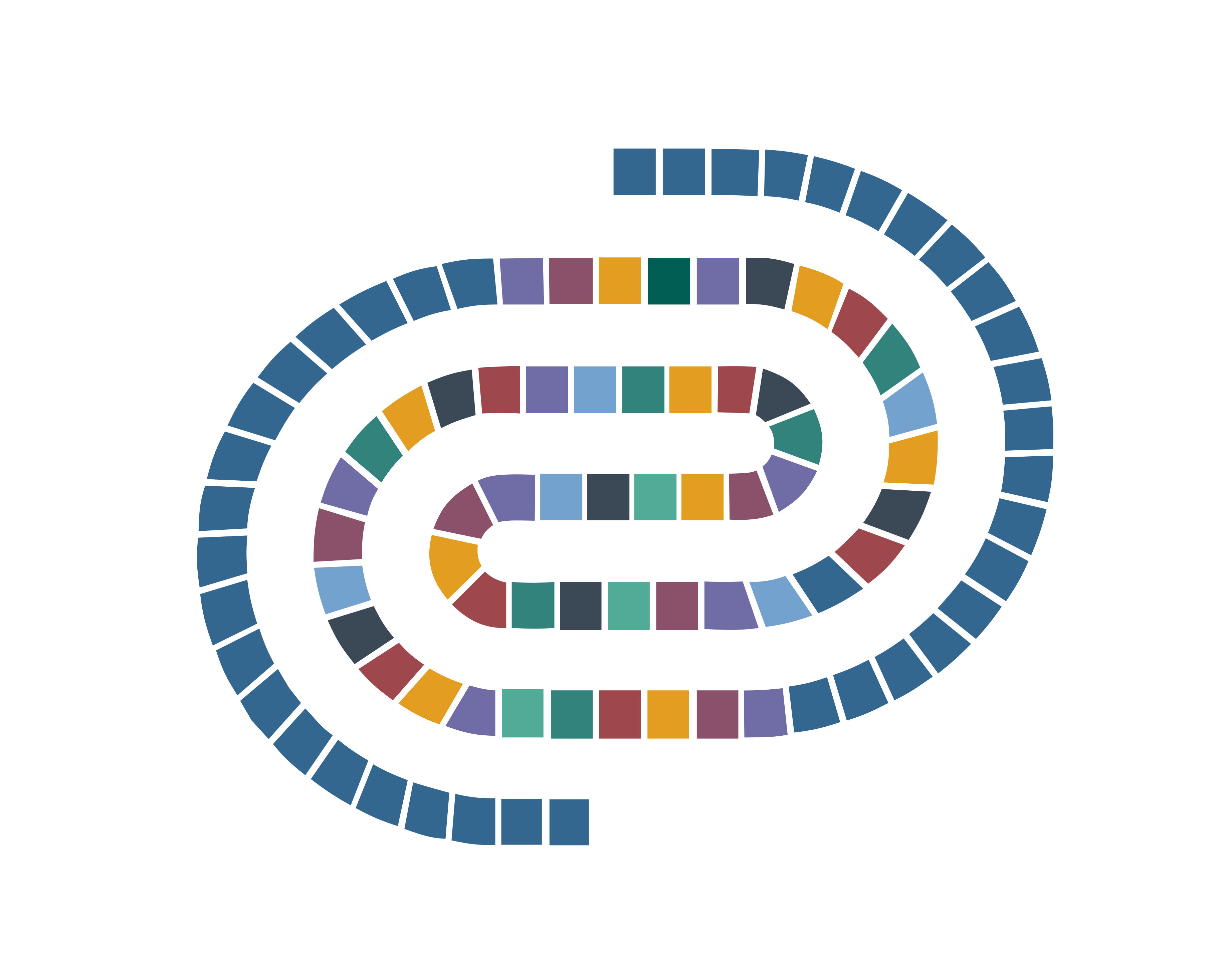The teaching of history should enable students to develop perspectives for the present and the future through historical thinking by learning history. Learning history is often defined as the development of narrative competence. However, little is known about how to study and diagnose learning processes and progression. Previous proposals for learning progression at the operational level have not been empirically validated. The RicH study addresses this issue by systematically investigating the operations of narrative competence and their qualitative differences among persons with different levels of expertise (e.g. university historians, public historians, students, pupils) using think-aloud methodology on the topic of Swiss neutrality in the First World War. Correlations between historical thinking processes and epistemological beliefs, situational interests, and metacognitive strategies are also analyzed. The aim is to develop models of learning progressions in history for future studies and learning diagnostics in schools.
Expert*innen-Noviz*innen-Vergleich, Geschichtsdidaktik, Lernprogression, Schweizer Neutralität, Think-Aloud-Methode, historisches Denken, historisches Lernen, narrative Kompetenz
Expert*innen-Noviz*innen-Vergleich, Geschichtsdidaktik, Lernprogression, Schweizer Neutralität, Think-Aloud-Methode, historisches Denken, historisches Lernen, narrative Kompetenz
Ongoing
Historische Lernprozesse erforschen – Research of Learning Processes in History (RicH)

